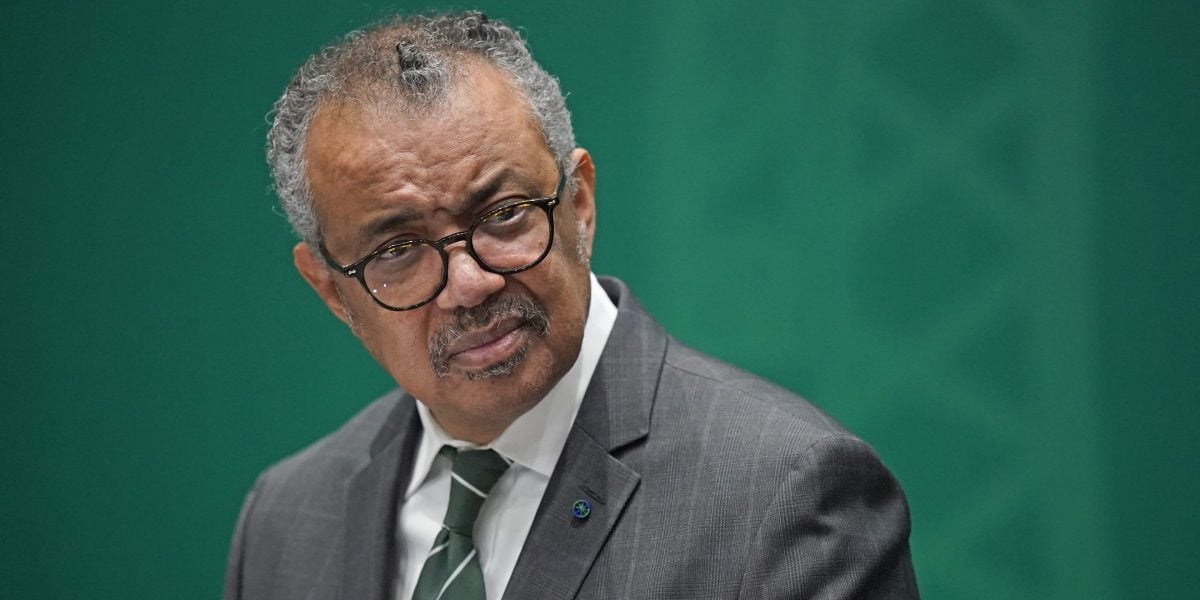Future generations may not forgive the World Health Organization’s member nations, should they fail to agree on a pandemic treaty, the organization’s chief said Saturday at the Warwick Economic Summit, calling the agreement “mission critical for humanity.”
Despite lessons that should have been learned during COVID-19, the world is unprepared for the next pandemic, be it an influenza virus, another coronavirus, or “Disease X”—a term the organization has used since 2018 to refer to a yet-unknown pandemic pathogen, Director General Tedros Adhanom Ghebreyesus said, speaking virtually from Geneva at the summit, held in Coventry, England.



This is the best summary I could come up with:
Objections to the pandemic treaty were recently fueled by online rumors regarding “Disease X” ahead of a January session on the topic at the World Economic Forum in Davos, Switzerland, which Ghebreyesus attended.
Ahead of the January session in Davos, she tweeted a baseless warning that “unelected globalists at the World Elected Forum will hold a panel on a future pandemic 20x deadlier than COVID.”
The world needs a “robust” pandemic treaty, Dr. Georges Benjamin, executive director of the American Public Health Association, told Fortune on Saturday.
Dr. Amesh Adalja—an infectious disease specialist and senior scholar at the Johns Hopkins Center for Health Security—told Fortune that an international treaty or similar mechanism is critical for optimal preparation and response to future pandemics.
Raj Rajnarayanan—assistant dean of research and associate professor at the New York Institute of Technology campus in Jonesboro, Ark., and a top COVID variant tracker—told Fortune on Saturday that a different paradigm may be helpful in pandemic treaty negotiations.
Just as the “indaba” negotiation tactic of the Zulu people of South Africa was used to encourage consensus in 2015 at the UN Climate Change Conference (COP21) in Paris, the pandemic treaty may benefit from the “Arthashastra” approach, based on an Ancient Indian treatise written in Sanskrit, he asserted.
The original article contains 1,374 words, the summary contains 208 words. Saved 85%. I’m a bot and I’m open source!